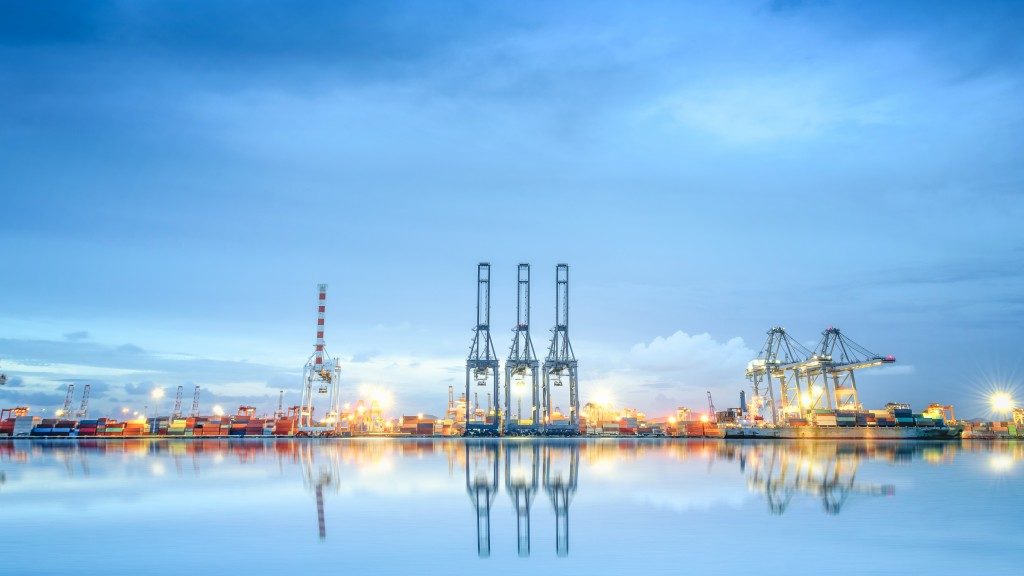The modern world has been compared to a large, complex machine, and we are all merely small parts that work together to make the whole thing work. If one small part breaks down, it affects the other parts and the entire system as well.
Such is the interconnectedness of our world that every single thing we do has the potential to affect somebody else. That is the general principle behind liability insurance.
Liability insurance offers protection against any claims relating to injuries or damages to a third party (whether it is people or property) that the insured party may face. Its coverage includes any legal costs or payout that may result from these claims. Business owners, doctors, lawyers, and other professionals are typically covered by liability insurance in case of damages filed against them.
People are also usually required to take out liability insurance when buying a car or a motorcycle. Anyone against whom damages or a lawsuit can be filed usually takes out some form of liability insurance.
One special form of liability insurance stands out for its complexity and specificity in terms of coverage: maritime insurance. Maritime liability insurance was originally designed for ship owners and charterers but is now offered even to warehouse operators and freight forwarders.
Here is what makes maritime liability insurance a bit different:
Insurance at Sea
The reason for the uniqueness of maritime liability insurance is the great number of risks faced by the maritime industry, involving the ship itself, the crew, and the cargo.
These even include pollution and political risks. This means that the coverage of maritime liability insurance is much broader than most and involves more stakeholders to take into consideration.
Protection and Indemnity

Originally, ship owners would get their own insurance for their ships, while cargo owners sought their own insurance for their cargo. However, the question arose as to who would be responsible if the cargo was damaged while on a ship at sea.
This gave birth to the most comprehensive type of maritime liability insurance: Protection and Indemnity (P&I). Protection refers to the risks involving the vessel, which include damages to the ship and any crew-related claim.
Indemnity, on the other hand, refers to any risk that involves the chartering of the vessel, such as passenger- or cargo-related claims. P&I insurance generally covers all forms of maritime liability risk; one of the few it does not cover is any issue related to workers’ compensation.
Among its coverage inclusions are damages from a wreck or collision, stowaways and their repatriation, civil liabilities resulting from hazards like an oil spill, and many more.
What Makes P&I Different?
Unlike other kinds of liability insurance, P&I insurance does not have a standard form of underwriting. Instead, underwriters will tailor each P&I coverage, depending on the nature of the insured party and the risks being faced.
Thus, P&I insurance also does not have a fixed amount, as this, too, is dependent on the needs of the insured party. With maritime transport and shipping continuing to play a large part in Britain’s economy, it is important that ship owners and charterers be protected against any untoward incident. Availing of liability insurance allows for just that, with smooth sailing and no worries guaranteed.



